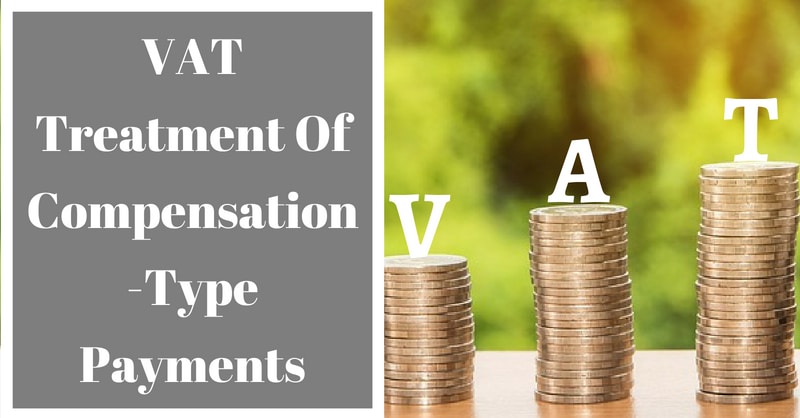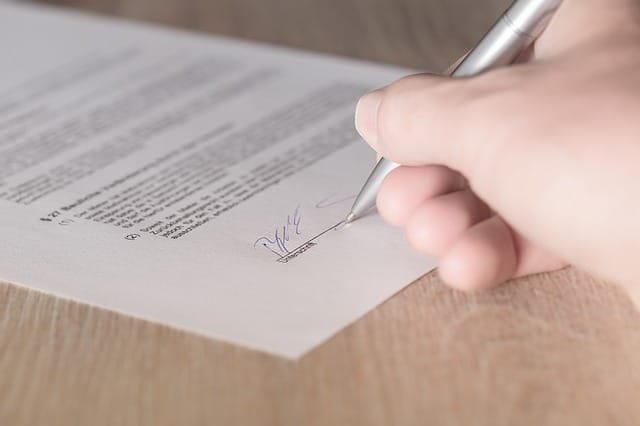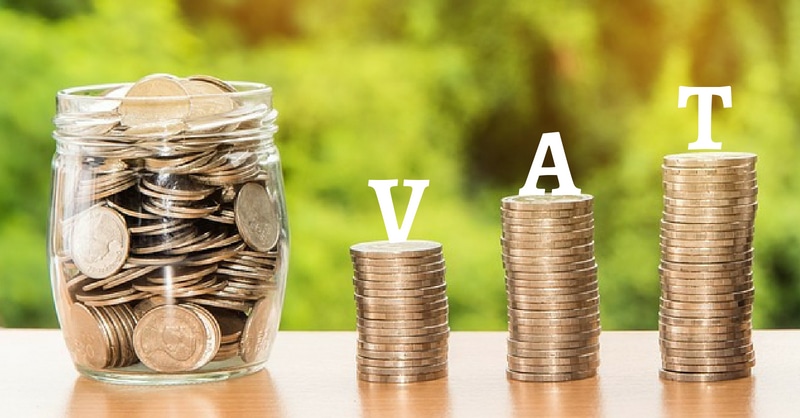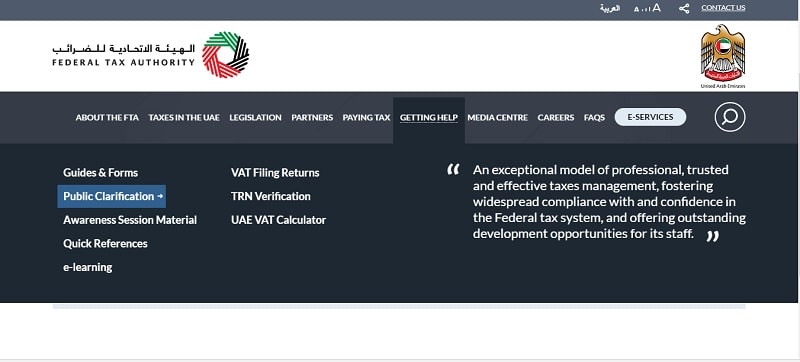
Due to many queries arising related to the collection of VAT on Compensation-type Payments under UAE VAT Law, UAE Federal Tax Authority has published a clarification the VAT treatment of Compensation-Type Payments.
As we all know that what is applicable whenever the supply of goods or services takes place. But what if in any case, no supply take place? The answer to this is that VAT is not due when no supply takes place.
What are Compensation-Type Payments?
Before we move further, we must first understand the compensation-type of payments. Businesses often make payments their counterparts to compensate each other for any loss, omissions or other wrongdoings.
Such payments include amount agreed between parties for early termination of a contract, payment for dispute settlement, fines/penalties imposed by government bodies for breach of statutory obligations.
According to FTA:
For VAT to be charged, there must be a supply of goods or services. If any payment does not relate to a supply of goods or services then the payment is not subject to VAT.
In simple terms, if any payment where the supply of service or goods doesn’t take place and are in compensation-type payments, VAT will not be applicable.
Let us take some examples to understand transaction involving compensation-type payments.
1. Contractual Payment To Compensate Loss
Whenever a contract takes place, parties agree to compensatory payments to be collected by the injured party upon a specific breach. These compensatory payments can be for early termination of the contract or late delivery of goods or delayed performance of services.
The purpose of such payments is not to provide consideration for a provision of any goods or services but to compensate a party for loss of earnings. Such compensatory-type payments are outside the scope of the VAT.
This ruling is not applicable to cancellation of services booked in advance. Thus, VAT will be applicable on such the cancellation charges.

2. Payment Against Dispute Settlement
Where a dispute is settled (e.g. in or out of court) and a payment is awarded to a party, it is necessary to consider the reason behind the payment in order to determine the VAT treatment.
Scenario 1: Where a payment is to enforce a contractual term, the payment is a consideration for the contractual supply to which it relates. For example, where a dispute regarding a price of goods is settled by requiring a contractual recipient of the goods to make a payment for these goods, the payment will be a consideration for the supply of the goods and therefore subject to VAT.
Scenario 2: Where a payment is in the nature of damages or compensation for any loss suffered by a party, the payment is not a consideration for any supply and is outside the scope of the VAT. For example, a payment for loss of earnings or a payment of interest in respect for a late payment of contractual consideration would not be a consideration for any supply.
Scenario 3: Where a payment is in return for granting a right then the payment is a consideration for the supply of the right and may be subject to VAT. For example, a person may agree to allow another person to use its property (including intellectual property) in return for a payment, the payment is a consideration for the supply of the right to use the property.

3. Fine Or Penalty
A fine or penalty charge may be imposed for contravening terms of an agreement, performing an unlawful act or otherwise be imposed, usually by government bodies, for breaches of statutory obligations. True fines and penalties are not a consideration for any supply and therefore outside the scope of the VAT.
Scenario 1: A contract may stipulate that a party must make a payment if it breaches a term of the contract. The payment made as a result of a breach of a contract is in the nature of damages and therefore also outside the scope of the VAT.
Scenario 2: A fine or penalty may be imposed by a government authority for an unlawful act – for example, a speeding fine or fine for incorrect parking. The purpose of such fines is to punish the wrongdoer for the act and the party imposing the penalty is not making any supply in respect of the payment. Therefore, no VAT is due on such fines and penalties.
4. Payment for damaged goods
Where a person has damaged or lost goods belonging to another person (for example, damaging a leased car), it may be required to make a payment to compensate for the damage or loss. Where the payment is compensation and for breaching pre-existing terms of a contract, it is unlikely to be a consideration for a supply and therefore would be outside the scope of the VAT.
In other circumstances, there is likely to be a consideration for a supply – for example, where a customer breaks a good and is obliged to take title to it, the payment the customer makes would represent consideration for a supply of goods, and so would be subject to VAT.
Source: www.tax.gov.ae

Conclusion
For such Compensation-type payments, it should not be any of the following:
- The payment is a consideration for any previously agreed goods or services;
- The payment is a consideration for any newly created supply of goods or services;
- Purpose of the payment is to adjust a previously agreed consideration for a supply;
- A party is granting a right to another party in return for a payment;
- Party is promising not to exercise a right in return for a payment;
- The party is giving something up in return for a payment.
You can download the clarification VATP001 from the link below:
VAT treatment of compensation-type payments
Disclaimer: The information provided above is for educational purpose and cannot be considered as a legal advice. We recommend you to consult Tax experts before making decisions. Reference to support the explanation have also been provided.
you can also download other UAE VAT templates like UAE VAT Payable Calculator, UAE VAT Multiple Tax Invoice, UAE VAT Dual Currency Invoice and Bilingual UAE VAT Invoice from our website.
We thank our readers for liking, sharing and following us on different social media platforms.
If you have any queries please share in the comment section below. I will be more than happy to assist you.
Leave a Reply